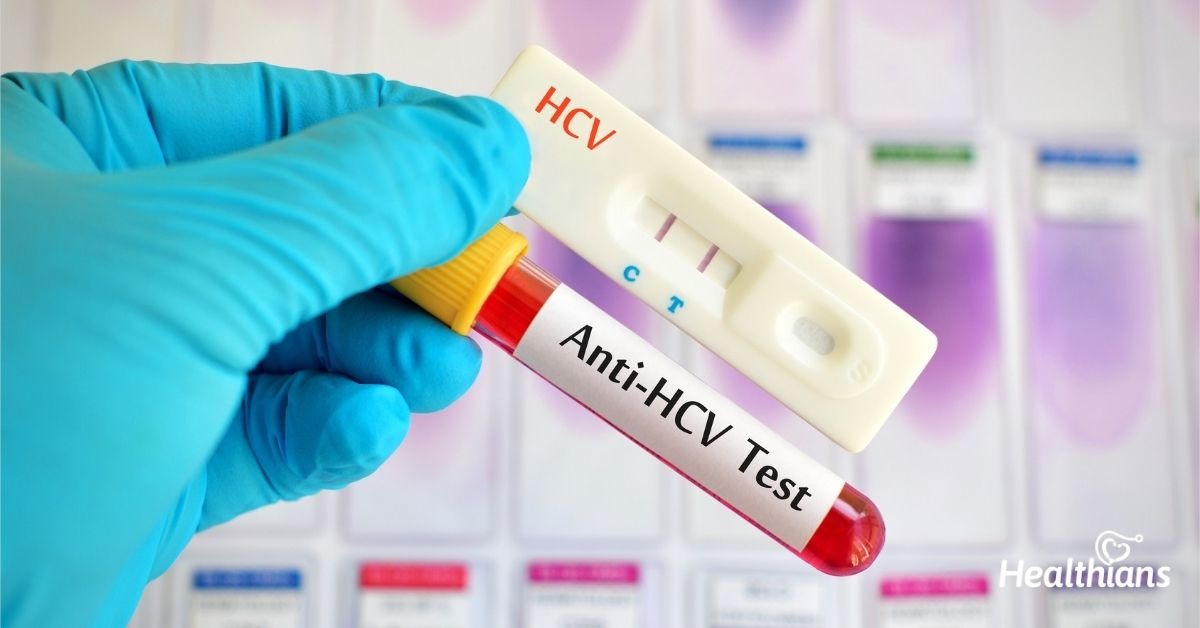Hepatitis C is a silent but potentially life-threatening viral infection that targets the liver. Because it can exist in the body for years without causing noticeable symptoms, many individuals remain unaware of their condition until the damage becomes severe. In a vibrant, global city like Dubai, where people from diverse countries and health backgrounds live and work together, understanding who should undergo testing is more important than ever. If you’re unsure whether you fall into one of the at-risk groups, this guide will help you determine if you might benefit from a Hepatitis C Test in Dubai.
Understanding Hepatitis C and Its Risks
Hepatitis C is primarily spread through blood-to-blood contact, often resulting from sharing needles, receiving unsafe blood transfusions, or using poorly sterilized medical equipment. While Dubai maintains a high standard of healthcare practices and blood screening, people who have lived or received medical treatment in countries with less stringent safety measures may still be at risk.
The virus can also be transmitted from mother to child during childbirth, though this is less common. While sexual transmission is possible, it is relatively rare and typically associated with specific risk factors such as HIV co-infection.
Because of the nature of the virus and the often subtle onset of symptoms, early detection is crucial. Left untreated, Hepatitis C can lead to chronic liver disease, cirrhosis, and even liver cancer.
Key Groups Who Should Consider Testing
Not everyone needs to be tested for Hepatitis C, but certain groups are more likely to benefit. Here’s a breakdown of individuals who should consider getting screened:
1. People Born Between 1945 and 1965
This age group, often referred to as the “baby boomer” generation, has a statistically higher rate of infection. In many parts of the world, especially before widespread blood screening began in the early 1990s, the risk of exposure to contaminated blood was much higher. Anyone in this age range—even without any other known risk factors—should consider getting tested.
2. Individuals with a History of Injecting Drugs
People who have used injection drugs, even once and even many years ago, are at high risk due to the potential of sharing needles or other drug paraphernalia. Hepatitis C can live on surfaces and instruments for days, making transmission through contaminated equipment alarmingly easy.
3. Recipients of Blood Transfusions or Organ Transplants Before 1992
Blood testing for Hepatitis C became standard practice in the early 1990s. If you received a transfusion or organ transplant before this time—especially in a country where medical protocols were still evolving—there’s a chance you were exposed to the virus unknowingly.
4. People Living with HIV
Co-infection of Hepatitis C and HIV is relatively common due to similar transmission routes. Because having both viruses increases the risk of complications and speeds up liver damage, individuals diagnosed with HIV should also undergo Hepatitis C testing.
5. Healthcare Workers
Due to the nature of their work, healthcare workers are at increased risk of accidental exposure to infected blood, particularly through needlestick injuries. Even a single incident could be enough to warrant testing.
6. People on Long-Term Hemodialysis
Those who undergo regular dialysis treatments are more likely to have come into contact with shared medical equipment. While safety protocols have improved over the years, prolonged treatment can still carry some risk of exposure.
7. Children Born to Mothers with Hepatitis C
The virus can sometimes be transmitted from mother to child during pregnancy or delivery. Although the risk is relatively low, any child born to a Hepatitis C-positive mother should be screened, particularly as they grow older.
8. Sexual Partners of Infected Individuals
While sexual transmission is less common than blood-borne transmission, it is not impossible. People in long-term relationships with Hepatitis C-positive partners should consider testing, especially if there are additional risk factors like STDs or HIV present.

Importance of Early Detection and Lifestyle Awareness
The most dangerous aspect of Hepatitis C is that it often remains asymptomatic for years. Fatigue, joint pain, or mild abdominal discomfort may be the only signs, and they are easy to overlook. This is why testing plays a vital role in protecting not just your health, but also that of your loved ones.
Dubai’s commitment to global health standards and disease prevention makes it easy for residents and visitors to access reliable screening options. Whether you’re simply curious or concerned due to a specific risk factor, acting early can make a significant difference in the outcome. Early detection allows for timely treatment, often preventing long-term liver damage and dramatically improving quality of life.
Living Safely and Responsibly
Prevention doesn’t end with testing. Understanding how Hepatitis C is transmitted, ensuring sterile practices in medical and cosmetic procedures, avoiding shared personal items like razors or toothbrushes, and adopting safe sex practices all play a role in keeping you protected.
Dubai’s multicultural and interconnected environment calls for greater health awareness. Whether you’re a long-time resident, a visitor, or someone working in the medical field, staying informed and getting tested when appropriate helps keep the community healthy.
If you fall into any of the at-risk categories mentioned, it might be time to consider a Hepatitis C Test Dubai—a simple step that could safeguard your future.
